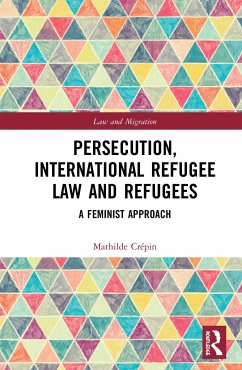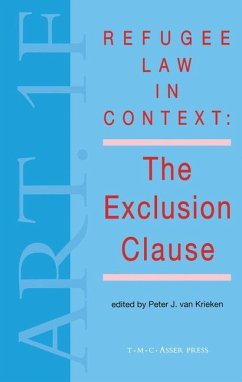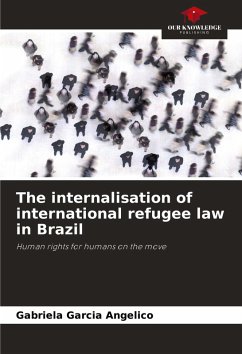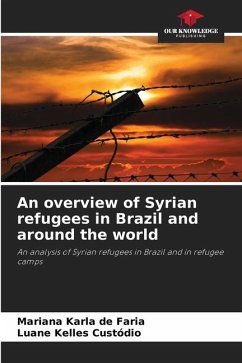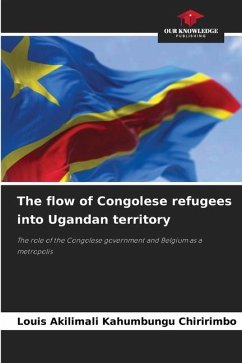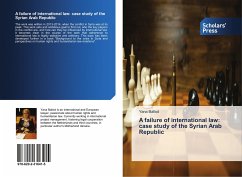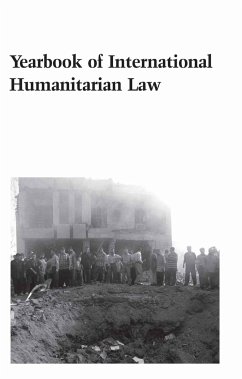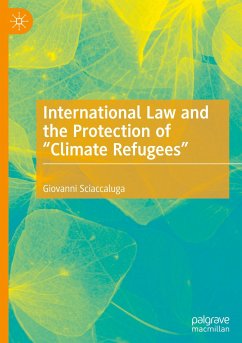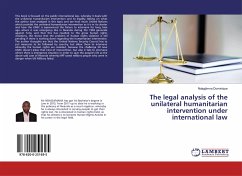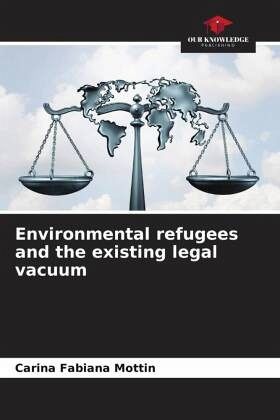
Environmental refugees and the existing legal vacuum
Versandkostenfrei!
Versandfertig in 6-10 Tagen
27,99 €
inkl. MwSt.

PAYBACK Punkte
14 °P sammeln!
Human migrations are present throughout the course of human history, and evidence can be found even before the time of Christ. In general, displacement can be prompted by the search for better living conditions or due to persecution and threats. Refuge became legal only in 1951, after the ratification of the International Convention on Refuge. Notwithstanding the protection provided by international law, some types of refugees in the world today are not yet recognised in current legislation, such as "environmental refugees" or "climate refugees". Although there is no legal concept for this new...
Human migrations are present throughout the course of human history, and evidence can be found even before the time of Christ. In general, displacement can be prompted by the search for better living conditions or due to persecution and threats. Refuge became legal only in 1951, after the ratification of the International Convention on Refuge. Notwithstanding the protection provided by international law, some types of refugees in the world today are not yet recognised in current legislation, such as "environmental refugees" or "climate refugees". Although there is no legal concept for this new species of refugee, its construction has been solidifying in academic boards, achieving recognition by the United Nations Environment Programme.




